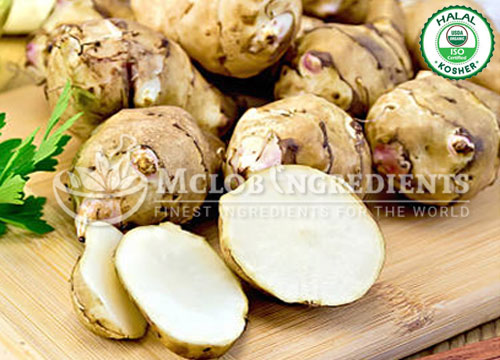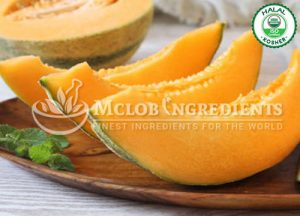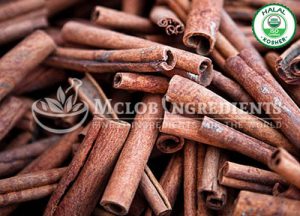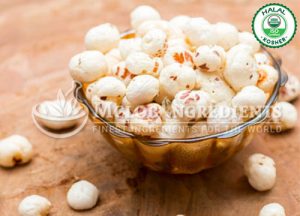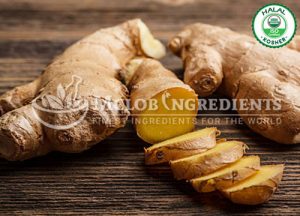Jerusalem artichoke is a herbaceous perennial plant. It is 2-8′ tall, branching occasionally along the upper one-half of its length. The stems are light green to reddish-brown and terete. The stem hairs are widely spreading, and slightly stiff and white. It is native to Central North America. The leaves have a rough, hairy texture. On the lower stem, larger leaves are broad ovoid-acute. They can be up to 30 cm long. Leaves higher on the stem are narrower and smaller. The flowers are yellow and produced in capitate 5–10 cm in diameter flower heads with 10–20 ray florets and 60 or more small disc florets. The tubers are often elongated typically 7.5–10 cm long and 3–5 cm thick. When it raw resembling a ginger root in appearance, with a crisp and crunchy texture. They vary in color from pale brown to white, purple, or red. It is cultivated widely and is used as a root vegetable across the temperate zone for its tuber.
Jerusalem artichoke has long been cultivated in France as a stock feed and is popular as a cooked vegetable in Europe. It is rarely cultivated in the United States, but the small quantities are used in making pickles, dietary preparations, and relishes. The tubers of Jerusalem artichoke are rich in carbohydrate inulin.
Medicinal Properties:
The plant is diuretic, spermatogenetic, aphrodisiac, digestive and tonic. Jerusalem artichoke is a general remedy for diabetes and rheumatism.
Benefits :
They are rich in iron, potassium, and vitamin B1 which give energy and support your muscles and nerves. Although they are sweet, their starchy fiber stops any spikes in blood sugar levels – indeed they have a lower glycemic index score than potatoes and they aren’t fattening. They are effective for indigestion i.e. dyspepsia including symptoms like nausea, vomiting, gas, and stomach pain; and also in hyperlipidemia reduce total LOD cholesterol.
Side effect:
Some people may be intolerant to this fiber, causing them flatulence, abdominal pain, and digestive discomfort, and also may feel bloated after eating artichokes. It may also cause allergic conditions.
Precaution:
- Avoid in Pregnancy and during breastfeeding.
- If any have bile duct obstruction condition don’t use artichoke before talking to your familiar doctor.
- Artichoke might make gallstones worse by increasing the flow of bile.
- Avoid people who are sensitive to the Asteraceae family it may cause allergic conditions.
Interaction:
- Medications changed by the liver (Cytochrome P450 2C19 (CYP2C19) substrates) interact with Artichoke.
- Medications for diabetes i.e. Antidiabetes drugs interact with Artichoke which might lower blood sugar levels.
- Medications for high blood pressure i.e. Antihypertensive drugs interact with Artichoke which might lower blood pressure
Dosing:
Artichoke leaf extract, In adults in doses of 320-640 mg by mouth three times daily.



